Keywords: Aboriginal Art
There are more than 200 results, only the first 200 are displayed here.
-

AUSTRALIA
- Michele Madigan
- 06 June 2017
11 Comments
In 1978 Kaurna/Narungga woman, Georgina Williams, said to me that Aboriginal people tend to be first on the receiving end of governmental oppressive practices and, when that works, the practices are extended to other poor Australians. Thirty-nine years later, almost every day brings new evidence of a relentless campaign against the poor, of which Cashless Cards are but one particularly vindictive example.
READ MORE 
-

AUSTRALIA
- Frank Brennan
- 31 May 2017
6 Comments
Indigenous leaders this last week have called for the creation of two new legal entities. They want a First Nations Voice enshrined in the Constitution, and a Makarrata Commission set up by legislation. The Makarrata Commission would supervise agreement making between governments and First Nations and engage in truth telling about history. The envisaged destination is a national Makarrata (or treaty). So the immediate constitutional issue is the creation of the First Nations Voice. There is no point in proceeding with a referendum on a question which fails to win the approval of Indigenous Australia. Neither is there any point in proceeding with a referendum which is unlikely to win the approval of the voting public.
READ MORE
-
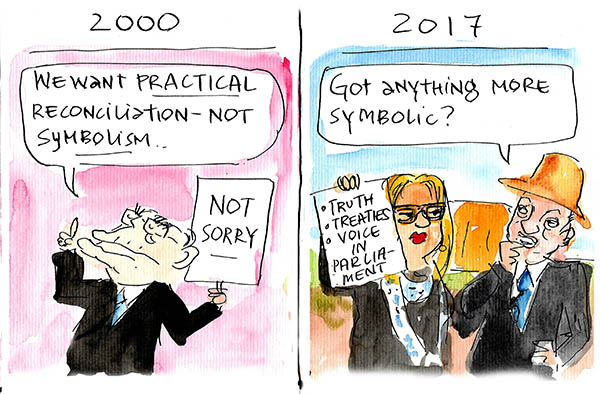
AUSTRALIA
- Kate Galloway
- 30 May 2017
10 Comments
Political response has been ambivalent at best, and ambivalence sounds a death knell for mainstream engagement by a tentative public. Turnbull pointed out that any claim must be acceptable to the general public to succeed. In the next breath he discussed the success of the 1967 Referendum. This was disingenuous given the political reality of 67, where there was no case presented for a no vote. After the Uluru Statement, it is now not possible to ignore substantive constitutional reform, or treaty.
READ MORE 
-
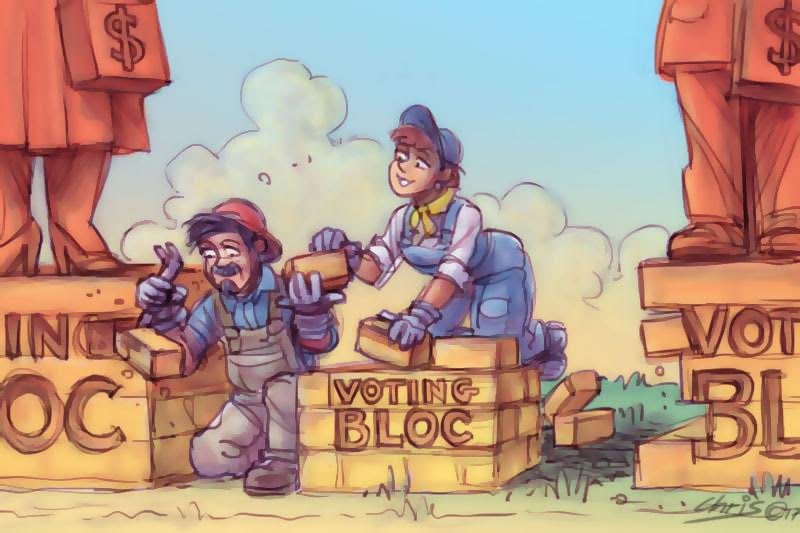
AUSTRALIA
- Ann Deslandes
- 26 May 2017
4 Comments
Wealth inequality in Australia is flourishing. The top one per cent of household wealth in Australia is moving toward being 20 per cent of total wealth, and the country is a preferred destination for millionaires. With a government that prefers to impoverish and vilify the disadvantaged and spend big on coal mines, this does not look likely to shift. But there are always other paths to social justice, and in Australia one may be through the millionaires - or at least the companies on which their fortunes are built.
READ MORE 
-

AUSTRALIA
Next year marks four decades since promulgation of the seminal Declaration of Alma Ata, which declared health to be a fundamental human right and laid the foundations for what are now widely championed as the social determinants of health. Without action on the social determinants, health policy can be a little like that joke about the cyclopean orthopod who, when confronted with a patient suffering fatal internal bleeding, is interested only in fixing their broken leg. So it is with last week's Budget.
READ MORE 
-

RELIGION
- Frank Brennan
- 15 May 2017
The reconciliation of this vertical relationship is possible only through the mediation of Jesus who embodies, lives and dies the reality of this reconciliation. He puts us right with our God and thereby establishes the basis for right relationship with each other. In many countries such as Australia, Timor Leste and South Africa, the public rhetoric and programs for reconciliation have, at least in part, been informed and underpinned by this theological perspective.
READ MORE
-
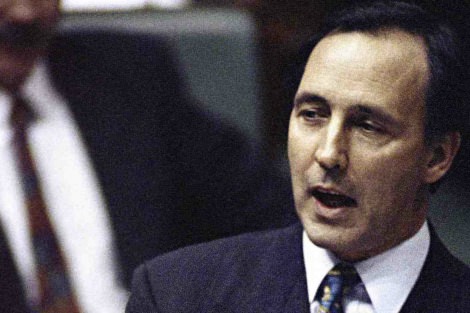
RELIGION
- Frank Brennan
- 14 March 2017
24 Comments
The debate over section 18C of the Racial Discrimination Act (18C) has gone on for far too long. It's time to bring it to a close. To date, I have been silent in the present debate, in part because I was a critic of such legal provisions when they were first proposed in 1992 and again in 1994. I have since been convinced that a provision like 18C could be designed to target racial vilification, leaving offensive insults beyond the reach of the law in a robust democracy committed to freedom of speech.
READ MORE 
-
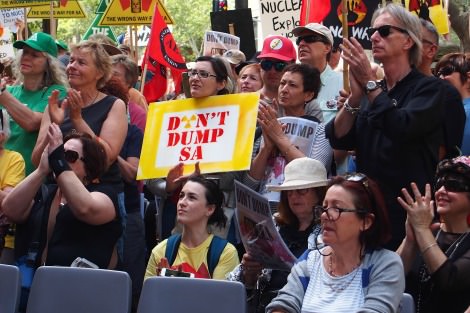
ENVIRONMENT
- Michele Madigan
- 13 February 2017
9 Comments
'It will be your artists: the poets, painters, actors, dancers, musicians, orators - they will be the ones to lead the changes.' It was one of the many international invited guests, a Maori woman speaker, who made this prediction to the huge 40,000 strong crowd that marched to Hyde Park, Sydney, on 26 January 1988. In South Australia almost 30 years later, this prophecy continues to unfold in the high-stakes battle for country that surrounds the proposed nuclear waste dump.
READ MORE 
-

AUSTRALIA
- Kate Galloway
- 13 January 2017
4 Comments
The Minister has committed to improving youth detention facilities, the appointment of 100 more staff, and revision of Victoria's youth detention policy. But in doing so, she has sheeted home blame to the former government, and has accused lawyers for the children of pandering to ideology. The government's discourse continues the tough-on-crime narrative rather than acknowledging the causes and contexts of juvenile offending and the consequences of appalling facilities on the youth who are detained.
READ MORE 
-

ARTS AND CULTURE
- Sarah Klenbort
- 13 December 2016
5 Comments
I will always remember the first time I saw Giacommeti's statues in in Europe. They were grotesquely thin, elongated people. Giacometti explained how he tried to make people with more flesh, but after World War II and the six million, it was impossible. And so those statues reflect the time he lived in. Queensland's Gallery of Modern Art, on the other hand, is celebrating its tenth anniversary, and has chosen fairy floss and rainbow fuzz to reflect our current society.
READ MORE 
-
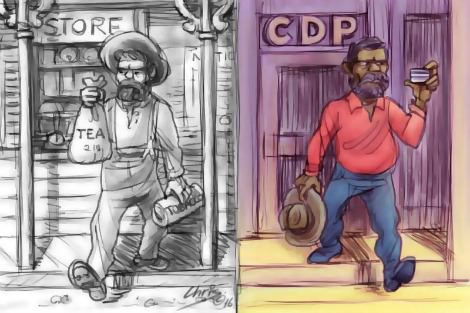
AUSTRALIA
- Celeste Liddle
- 02 December 2016
8 Comments
Indigenous workers of previous generations struggled and undertook strike actions so that their descendants would not be exploited and abused in the same way that they had been. While we may have many more Aboriginal people achieving and attracting higher waged work than we did in the years gone by, the exploitation of the most vulnerable in our community continues. The years may have ticked over, but the government's attitude to the value of Indigenous workers has not.
READ MORE
-
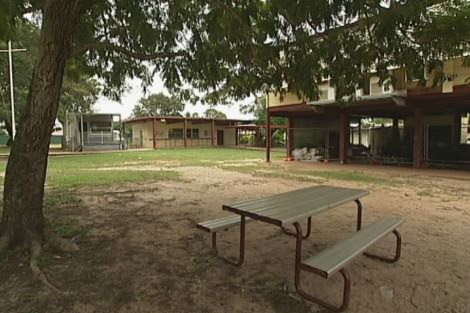
EDUCATION
- Dennis McIntosh
- 22 November 2016
24 Comments
I wondered why my daughter was able to get an education with a brain injury and I couldn't get one with a normal brain? So I decided to copy what we had done with her. In short, I started reading again and started patterning sentences. Do I care about Direct Instruction, or Noel Pearson and the Cape York Academy? No. I care about seeing children find the joy in learning and embracing with courage and confidence the opportunities an education can provide.
READ MORE 